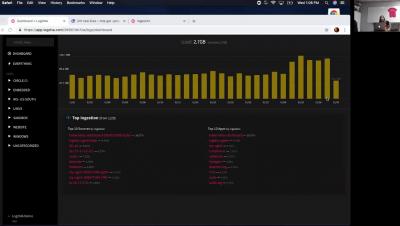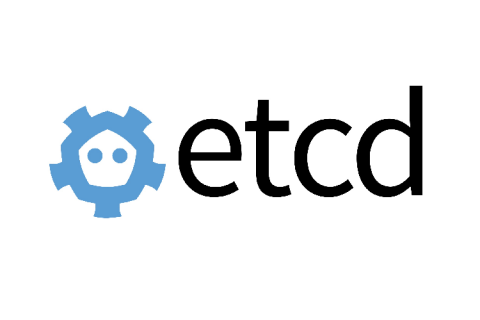Operations | Monitoring | ITSM | DevOps | Cloud
%term
Announcing Cloud Data Encryption for Opsgenie
Opsgenie Edge Encryption is a new feature that makes it easy to secure sensitive data and meet compliance requirements while using Opsgenie for alerting and incident management. Edge Encryption secures data before it leaves your environment, you manage the encryption keys, and the experience is seamless for users. Atlassian has no access to the encrypted data and neither do potential attackers.
OpManager 12.3 receives IT Pro Recommended Award
The latest build for OpManager 12.3 has been gaining some recognition from industry analysts. Recently, a UK-based business insights and analytics company, IT Pro, wrote a positive review of OpManager. IT Pro highlighted all of OpManager’s latest enhancements and features. OpManager also received an IT Pro Recommended Award, and we are elated.
Get hooked! New integrations & webhooks from Uptrends
You may already know about our alerting integrations with Slack, PagerDuty, and StatusHub, but now we’ve added support for VictorOps, ServiceNow, and generic webhooks. Now we can hook you up with most any third-party messaging system you would like.
Cybersecurity Best Practices: Protect Your Team from Phishing Attacks
Phishing happens. It is probably happening as you read this. Right now, some well-defended company is having data under its care exposed. This data may contain sensitive information, such as login credentials, and in many cases, it is only known that an attack of this type has taken place after the fact. Protecting yourself and your employer against phishing attacks relies foremost on critical thinking; however, there are some business processes and technologies that can help.
Using nginx and Sentry to Trace Errors to Logs
To quote the timeless Ren and Stimpy jingle, “everyone needs a log.” It’s true — everyone does need a log, especially developers. Despite the fact that no developer looks forward to combing through logs, they’re incredibly useful when unexpected performance issues, like one we recently had with file uploads, need some investigation.
Success Navigator from ServiceNow
LogDNA Webinar - Learn the Ins and Outs of LogDNA in Minutes
What Is Etcd and How Do You Set Up an Etcd Cluster?
Etcd is an open-source distributed key-value store created by the CoreOS team, now managed by the Cloud Native Computing Foundation. It is pronounced “et-cee-dee”, making reference to distributing the Unix “/etc” directory, where most global configuration files live, across multiple machines. It serves as the backbone of many distributed systems, providing a reliable way for storing data across a cluster of servers.











